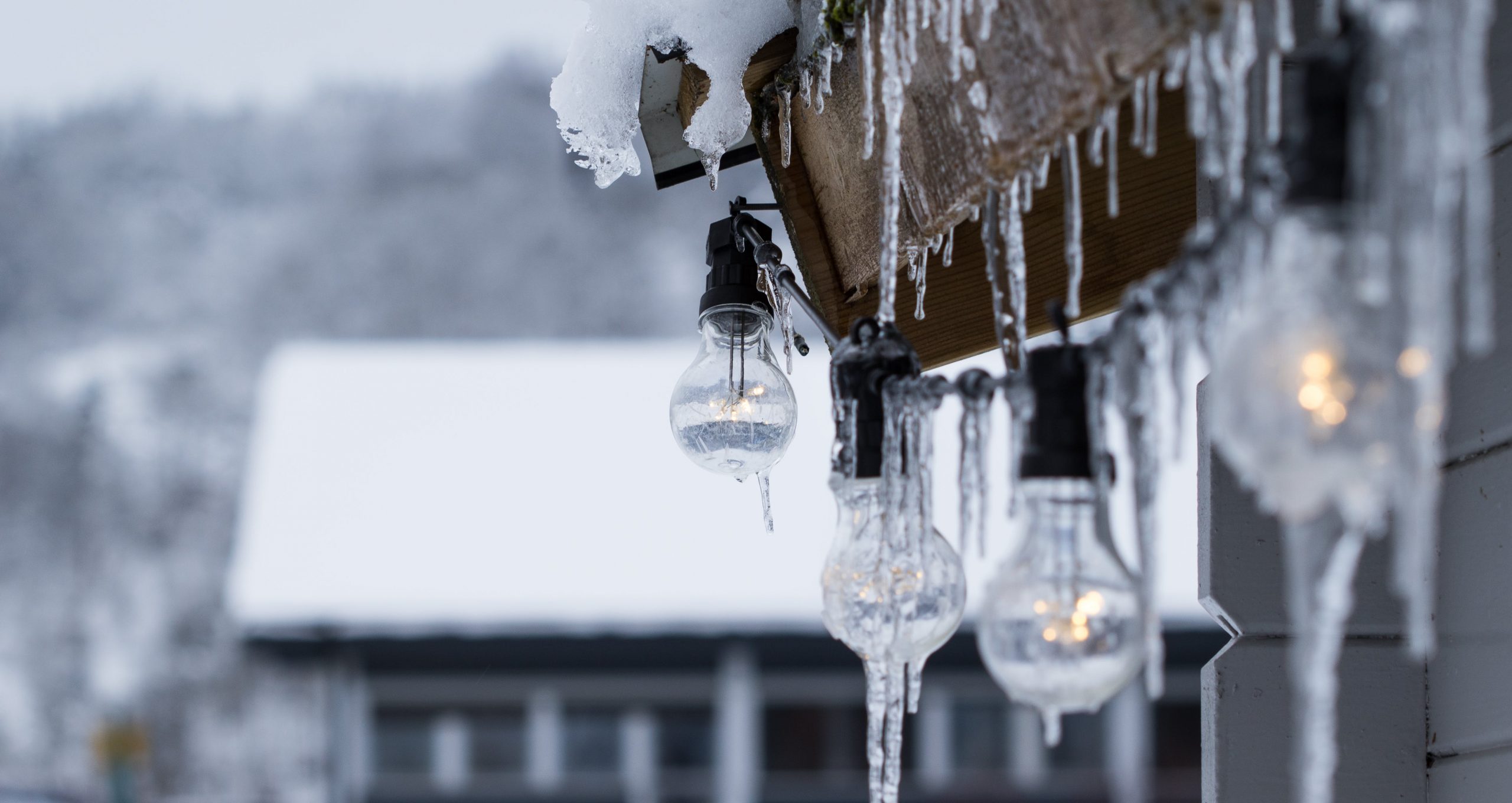As the colder months approach, preparing your home for winter is key to ensuring it stays warm, safe, and efficient. A few proactive measures can help you avoid potential issues and make your living space more comfortable during the harshest season. Here’s a guide to winter-proofing your home and protecting it from the challenges brought by freezing temperatures and snow.
1. Inspect and Insulate Windows and Doors
Cold air can seep through the smallest gaps, making your heating system work overtime. To keep the chill out:
- Check for Drafts: Run your hand along the edges of windows and doors to feel for cold air. Use caulking or weatherstripping to seal gaps.
- Install Storm Windows: Consider installing storm windows to add an extra barrier against the cold.
- Insulate Curtains: Use thermal or heavy curtains to help retain heat in rooms.
2. Service Your Heating System
Ensure your heating system runs efficiently and reliably by servicing it before the winter chill sets in.
- Schedule a Professional Inspection: Have an HVAC professional inspect and clean your furnace or heating system.
- Change Filters: Replace filters in your furnace or heating unit to improve airflow and efficiency.
- Test Thermostats: Make sure your thermostat is functioning correctly and consider a programmable or smart thermostat to optimize heating times and reduce energy use.
3. Inspect Your Roof and Gutters
Your roof and gutters play a crucial role in protecting your home from winter weather.
- Clear Gutters of Debris: Remove leaves and debris from your gutters to prevent ice dams from forming, which can lead to roof leaks.
- Check for Missing Shingles: Inspect your roof for any loose or missing shingles that could lead to leaks during heavy snow or ice accumulation.
- Install Gutter Guards: Gutter guards can help reduce the amount of debris that accumulates, making maintenance easier.
4. Protect Your Pipes
Frozen pipes can burst, leading to costly water damage. To avoid this:
- Insulate Pipes: Wrap insulation around pipes in unheated areas such as basements, garages, and attics.
- Seal Drafts: Check for drafts near pipes and seal any cracks with expanding foam or caulking.
- Keep a Drip: During particularly cold nights, let faucets drip slightly to prevent freezing.
5. Check Your Chimney and Fireplace
If your home has a wood-burning fireplace, it’s essential to prepare it for safe use.
- Inspect the Chimney: Hire a professional to inspect and clean your chimney to prevent creosote buildup, which can lead to chimney fires.
- Ensure Proper Ventilation: Make sure the damper is functioning correctly and that there are no blockages.
- Stock Up on Wood: If you use your fireplace regularly, have enough seasoned wood ready to keep your home cozy.
6. Weatherproof Outdoor Spaces
Winter can be tough on outdoor spaces, so prepare accordingly.
- Cover Outdoor Furniture: Protect patio furniture and grills with weather-resistant covers or store them in a shed or garage.
- Drain Garden Hoses: Disconnect and drain garden hoses, and turn off outdoor water valves to prevent freezing.
- Seal Cracks in Driveways: Seal any visible cracks in your driveway or walkways to prevent water from seeping in and freezing, which can cause further damage.
7. Stock Up on Essentials
Preparation goes beyond home maintenance; it’s also about making sure you’re ready for whatever winter brings.
- Emergency Kit: Ensure you have an emergency kit with flashlights, batteries, blankets, and first aid supplies in case of power outages.
- Rock Salt and Shovels: Have rock salt or sand on hand to treat icy walkways and driveways, and make sure your snow shovel is in good condition.
- Backup Heating: Consider a space heater or generator as a backup heating option during extended power outages.
Preparing your home for winter involves taking the time to make these important checks and updates. By doing so, you’ll be protecting your investment, reducing your energy bills, and ensuring a warm and comfortable environment for you and your family. These preventive measures can make all the difference when winter weather is at its peak.

 Facebook
Facebook
 X
X
 Pinterest
Pinterest
 Copy Link
Copy Link



